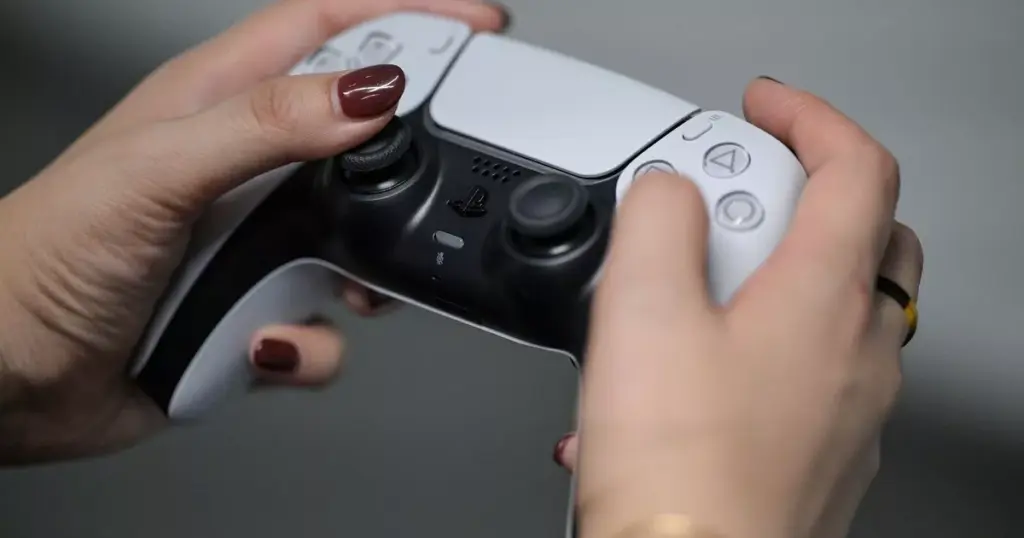
In a move that underscores the economic ripple effects of President Donald Trump’s trade policies, Sony has announced a price increase for its PlayStation 5 console, following similar hikes by Nintendo and Microsoft earlier this year. The decision marks a significant moment for the gaming industry, which is grappling with rising costs and a shifting market landscape.
As tariffs continue to impact global trade, the gaming sector is feeling the pinch. Sony’s announcement comes as the latest in a series of price adjustments that have seen the cost of gaming consoles, titles, and accessories climb steadily over recent months. The PlayStation 5, now five years old, will see its price rise by $50 to $549.99, while the Xbox Series X has increased by $100 to $599.99, and the original Nintendo Switch is up by $30 to $339.99.
“Similar to many global businesses, we continue to navigate a challenging economic environment,” said Isabelle Tomatis, Sony’s vice president of global marketing, in a statement on Wednesday. This sentiment reflects the broader challenges faced by the industry as it adapts to economic pressures and consumer expectations.
The Impact of Tariffs and Inflation
The recent price increases are not solely attributed to tariffs. The cost of video games themselves has been rising due to a combination of inflation and what some critics describe as corporate opportunism. The base price for new titles now stands at $69.99, driven in part by the escalating costs of developing high-budget games, which can exceed $200 million.
Nintendo, for instance, has started pricing popular franchise games at $90, a move that has raised eyebrows among consumers. The industry’s major players have been accused of exploiting the current economic climate to justify these hikes, with some observers pointing to the gradual introduction of virtual currency, battle passes, and live-service games as evidence of a strategic shift.
Consumer Reactions and Industry Trends
The gaming community has expressed concern over these developments, with many players feeling squeezed by the rising costs. The PlayStation 5 price changes, however, will not take effect immediately, and consoles sold outside the US remain unaffected for now. Nevertheless, the trend highlights a broader shift in the gaming industry, where gaming is increasingly seen as a luxury rather than a hobby.
Gaming companies have been slowly grooming players with virtual currency, battle passes, and live-service games. This shift has been partly driven by the success of games like Fortnite, which have popularized the battle royale format and the monetization strategies that accompany it.
The Future of Gaming Economics
The anti-consumer shift noted among major companies like Sony and Nintendo has been a point of contention. Since the launch of the PS5 in 2020, Sony has revamped its PlayStation Plus subscription service, drawing criticism for making subscriptions mandatory for online play, except for games like Fortnite. Additionally, sales on the PlayStation Store have become rare, with most games sold at full price regardless of their age.
As gaming becomes a pastime for adults and successful content creators, there is a growing call for consumers to resist certain industry practices. Some advocate for avoiding purchases of battle passes, virtual currency, and other add-ons that separate players from the core game experience.
While the rising costs of consoles may be understandable given the current economic climate, the increases in game prices have sparked debate about the balance between business sustainability and consumer accessibility. As the industry continues to evolve, the question remains: how will gaming companies balance profitability with consumer satisfaction in a rapidly changing market?
For now, the gaming community is left to navigate these changes, with many hoping for a future where gaming remains an accessible and enjoyable pastime for all.





